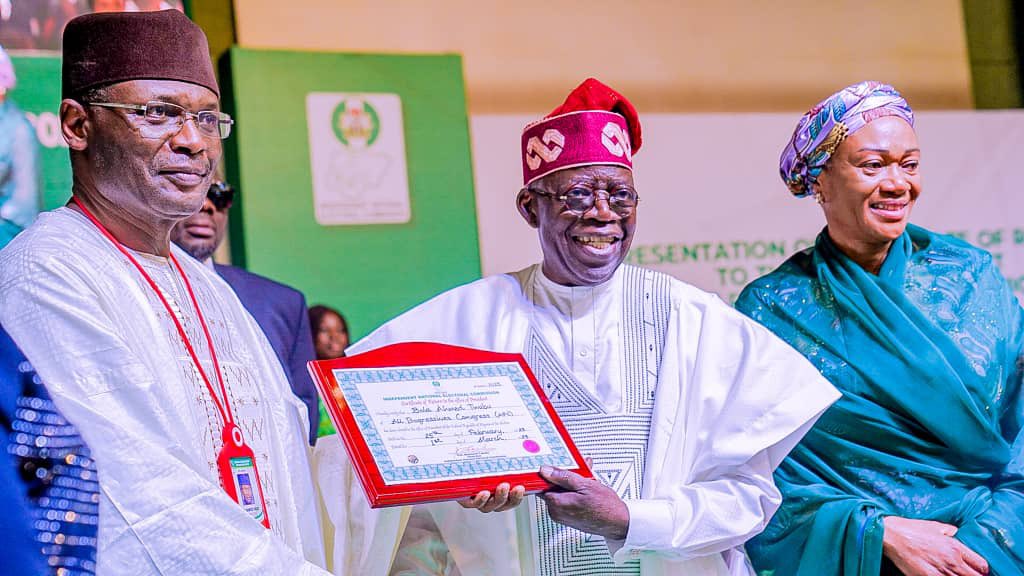Bola Tinubu, the former governor of Lagos, has won Nigeria’s presidential election, fulfilling his lifelong ambition of leading the country. However, opposition parties have contested the result, claiming it was tainted by fraud. Tinubu, the candidate of the All Progressives Congress (APC), won 8.8 million votes, compared to 6.9 million for the opposition Peoples Democratic Party (PDP) candidate Atiku Abubakar. The Labour Party’s Peter Obi, who ran as a surprise third candidate, secured 6.1 million votes.
Nigerians were hoping the election would usher in a leader capable of tackling growing insecurity, improving the economy, and easing poverty, as current President Muhammadu Buhari is stepping down in May after two terms. However, the election was marked by long delays and the slow arrival of online results, causing anger among voters and opposition parties who claimed there was massive vote-rigging.
Despite the contested results, Tinubu called on his opponents and their supporters to “join hands” with him in rebuilding Nigeria. He acknowledged disappointment but urged the nation to move forward together, saying, “We can make historic national progress by joining hands and hearts in a common endeavor to pull this nation through.”
Tinubu campaigned on his experience as Lagos governor from 1999 to 2007 and promised to revive hope in Africa’s largest economy. However, rivals criticized his health, past graft accusations, ties to Buhari, and failure to make Nigeria safer. The election was a tight race for the first time since Nigeria ended military rule in 1999, with Obi drawing many voters with a message of change.
The expectations facing Nigeria’s next leader are high, from the ongoing Islamist insurgency in the northeast and bandit militias in the northwest to a struggling economy. Tinubu has promised to scrap the unsustainable cost of importing nearly all fuel and subsidizing gasoline. Candidates who want to challenge the election have 21 days following the announcement of results to bring their case to court.



